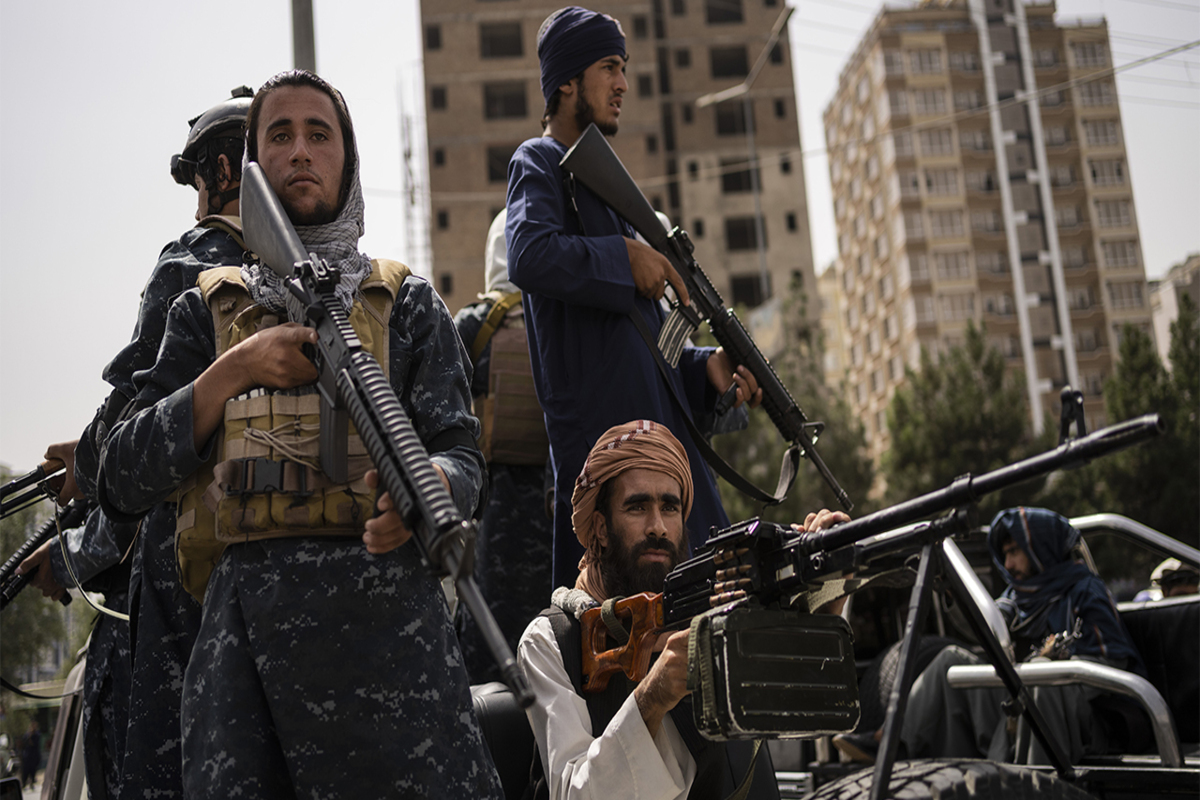The United Nations on Tuesday raised growing security concerns in Afghanistan while highlighting worrisome trends witnessed in recent months, particularly the continuing presence of foreign terrorist groups in the country.
The concerns were raised in the latest quarterly Afghanistan report of the UN Secretary-General Antonio Guterres to the Security Council.
Advertisement
“The security situation reveals a worrisome trend in recent months, particularly the series of attacks by ISIL-K, recurring armed opposition clashes with Taliban de facto security forces and the continuing presence of foreign terrorist groups in Afghanistan,” the report said.
It said the Taliban’s commitment to ensuring that no group or individual will use the soil of Afghanistan to threaten the security of other countries must be sustained through concrete actions.
“The Taliban leadership is urged to engage in a serious counter-terrorism dialogue to strengthen international cooperation in countering these threats while complying with obligations under international law,” the quarterly report said.
The UN report called on the Taliban to protect the fundamental rights and freedoms of all Afghans, including women and girls.
“Continuing restrictions on Afghan women and girls full enjoyment of their rights will have lasting detrimental consequences for the recovery and stability of Afghanistan. Reliance on codes and directives to curtail women’s rights adds to an environment of intimidation, which is furthered by the implementation of cruel, inhuman and degrading punishments by the de facto authorities against individuals for real or perceived failures to adhere to them.
“Women are disproportionately targeted for reported infractions. The de facto authorities must take steps to hold personnel responsible for such actions accountable and to prevent their recurrence,” it added.
The UN also concluded that shrinking civic space as a result of the continued pressure placed by the de facto authorities on journalists and civil society activists is cause for alarm.
“The de facto authorities are urged to ensure the safety of journalists and civil society members and to respect and promote fundamental freedoms of opinion, expression, peaceful assembly and association for all Afghans, women and men,” the report said.
This latest UN report follows the United Nations Assistance Mission in Afghanistan (UNAMA) report released in July which outlined the human rights situation in Afghanistan since the Taliban takeover.
The report summarised UNAMA’s findings with regards to the protection of civilians, extrajudicial killings, torture and ill-treatment, arbitrary arrests and detentions, the rights of women and girls in Afghanistan, fundamental freedoms and the situation in places of detention. The report also contained recommendations to both the de facto authorities and the international community.
Despite an overall, significant reduction in armed violence, between mid-August 2021 and mid-June 2022, UNAMA recorded 2106 civilian casualties.
The majority of civilian casualties were attributed to targeted attacks by the armed group self-identified “Islamic State in Iraq and the Levant – Khorasan Province” against ethnic and religious minority communities in places where they go to school, worship and go about their daily lives.











